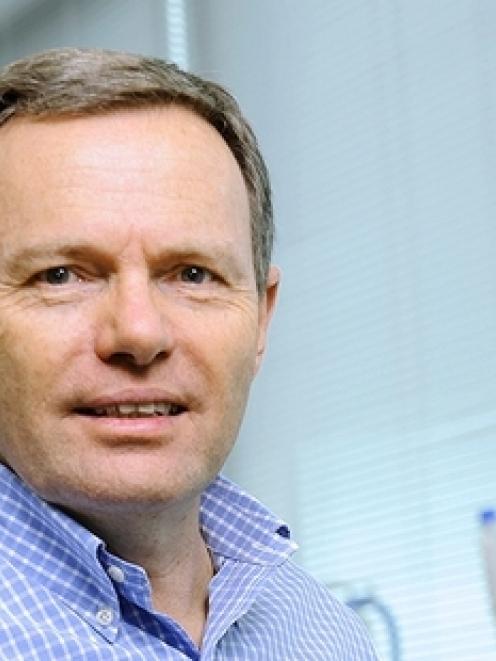
In August 2012, New Zealand agreed to join the World Trade Organisation (WTO) Government Procurement Agreement (GPA), a trade agreement that would give New Zealand exporters equal rights when competing for government contract opportunities worldwide. The agreement covers the purchase of a range of products and services by governments, from the public sector.
Fisher & Paykel Healthcare chief executive Mike Daniell said it would help his company sell more medical equipment around the world.
Economic Development Minister Steven Joyce said joining the GPA would create new opportunities for New Zealand businesses to export more products and services to more destinations.
Currently, companies wanting to trade in countries such as the United States have to have a subsidiary within the country before they can begin trading. The agreement will mean New Zealand companies can trade freely without having to set up branches in these countries first.
"We do not have automatic access in the US at this point, and a number of companies have had to set up subsidiaries in the US to be able to supply the US government," Joyce said.
"So we've got a number of companies including Tait, Gallagher and Fisher & Paykel Healthcare that have had to set up in other countries in order to meet the requirements to work in the US. Under this arrangement they won't have to, so it will mean significant reductions in cost for New Zealand companies able to participate in US government contracts."
There are already 43 countries in the agreement, including the European Union, China, Japan, Canada and the US.
Countries in this group are not allowed to favour local businesses, but must consider businesses from other countries equally when offering government contracts. Member countries are also required to follow rules relating to competition and openness.
Joyce said the agreement had taken two years to complete, as the government had to negotiate with all of the companies in the agreement.
"What we're hoping for soon is for Kiwi firms could share in deal worth $2 trillion
It would mean we'd be on an equal playing field with American companies. Mike Daniell, Fisher & Paykel Healthcare chief executive WTO to confirm its acceptance of New Zealand to the GPA.
"It's been a two-year period of negotiations and we're hoping it will happen soon," he said.
"It's a big deal for many New Zealand high-tech companies because it will ensure that New Zealand firms have guaranteed access to be able to bid on those contracts on equal terms with domestic suppliers."
In 2006, the Labour Government decided against joining the agreement, after concern that it was too prescriptive, would reduce government discretion and would negatively impact smaller companies in New Zealand who might be overlooked in favour of larger foreign companies.
However Joyce said this would not be the case.
"I just don't think it's going to have a significant impact on New Zealand at all because we have an open approach to procurement now," Joyce said.
"The government rules around procurement are that we don't discriminate between local and international firms.
"I think the new procurement rules are much more important to smaller companies in terms of giving them the opportunity to participate."
Fisher & Paykel Healthcare's Daniell said the company already operated in a number of countries worldwide and had been trying to secure several further deals over the last year.
"Quite a significant group of hospitals in the US are the Veterans Affairs Hospitals, and we currently are unable to supply medical devices to those hospitals if the devices are manufactured in New Zealand," Daniell said.
"So if New Zealand complied with the requirements of the agreement, we believe that would make the hospitals accessible to us which would be very helpful."
"It would mean we'd be on an equal playing field with American companies and with other countries that already comply with the GPA or free trade agreements."
Daniell said he felt that as a smaller country, the deal would provide a large number of opportunities for New Zealand in general.
Joyce said that increasing access to global opportunities could only be a good thing for New Zealand companies.
"If you look down the TIN100 list, just under 75 per cent of their revenue is exports, and it's likely to increase so that's a very significant amount.
"We know for New Zealand manufacturers and IT companies to be successful, they have to be in a deep niche on a world scale.
"So any opening up of access to make it easier for them is very important for them to grow their businesses."
By Holly Ryan of the NZ Herald












